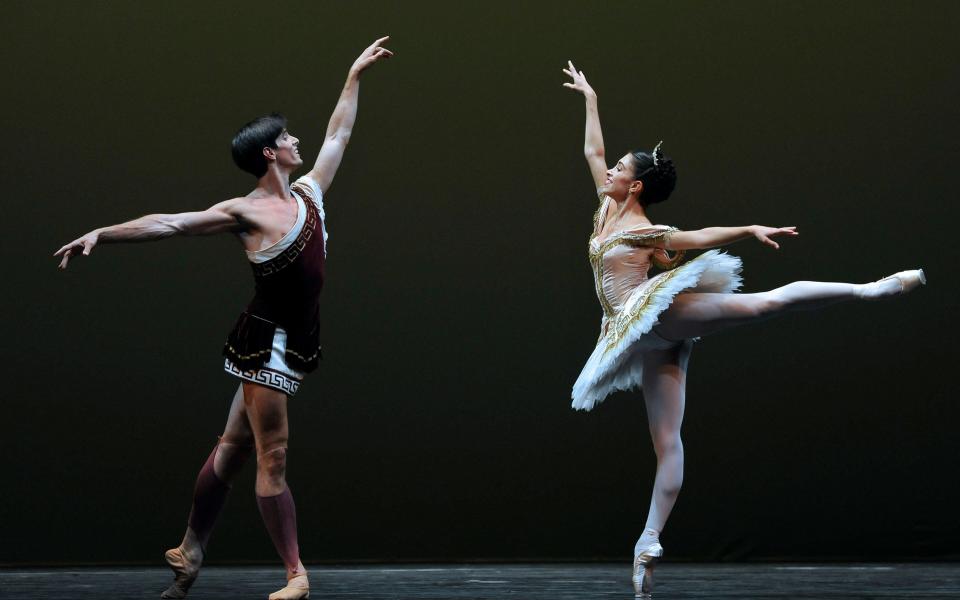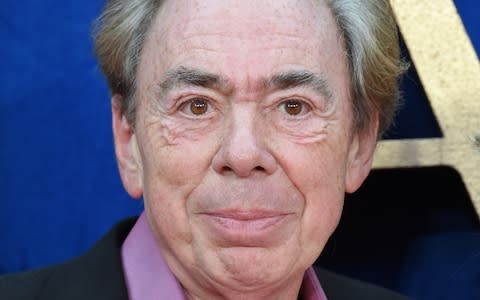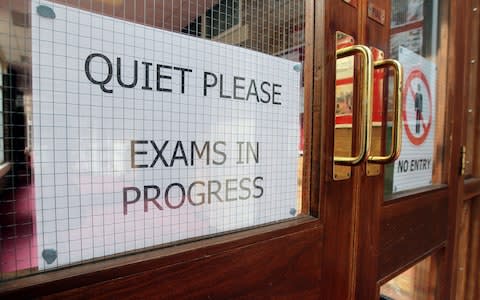Number of pupils taking arts subjects at GCSE falls to lowest level in a decade, report finds

The number of pupils taking arts subjects at GCSE has fallen to the lowest level in a decade, as schools encourage bright students to shun “soft” subjects.
The uptake of arts subjects has seen a drastic decline in recent years, according to an analysis by the Education Policy Institute (EPI).
Their report analyses the uptake of GCSEs in arts subjects - including art and design, drama and theatre, music, dance, and performing arts – over the past ten years.
Researchers from the EPI examined the impact of the English Baccalaureate (Ebacc) on subject choice, which was introduced by ministers in 2010 to counter the “dumbing down” of GCSE choices and promote “core” subjects.

It measures the percentage of students in a school who achieve five or more A*-C grades in English, mathematics, two sciences, a foreign language and history or geography at GCSE.
But critics say this has led to a decline in arts subjects, as teachers encourage bright students to enter for the Ebacc to boost the school's performance rating.
“Before 2013, pupils with high prior attainment were more likely than those with medium or low prior attainment to enter at least one arts subject,” the report found.
“This pattern has since been reversed, and those with medium or low prior attainment are now more likely to have at least one arts entry.”

The report’s authors say that one explanation for this is high attaining pupils were encouraged by their schools to enter the EBacc.
“In contrast, those with medium or low prior attainment may have initially been guided towards arts subjects, away from vocational qualifications,” it said.
The report also revealed a north-south divide, with far more students taking up arts subjects in the south-west and south-east of the country, compared to the north-west and north-east.
“There is a clear and consistent North-South divide in entries to arts subjects, with Southern regions showing higher entry rates than Northern regions,” the report said.
“In 2016, the North East experienced a particularly sharp drop in arts entries. The proportion of pupils entering at least one arts subject now ranges from 57.3 per cent in the South West to 47.8 per cent in the North East, a gap of 9.5 percentage points.”
Geoff Barton, general secretary of the Association of School and College Leaders, said that “arts subjects are being driven to the fringes of the curriculum”.
“Nobody is disputing that the curriculum should have a rigorous academic core,” he said. “But it also needs to maintain a breadth which preserves student choice, and protects the huge importance of arts subjects in our cultural life.”

 Yahoo News
Yahoo News 